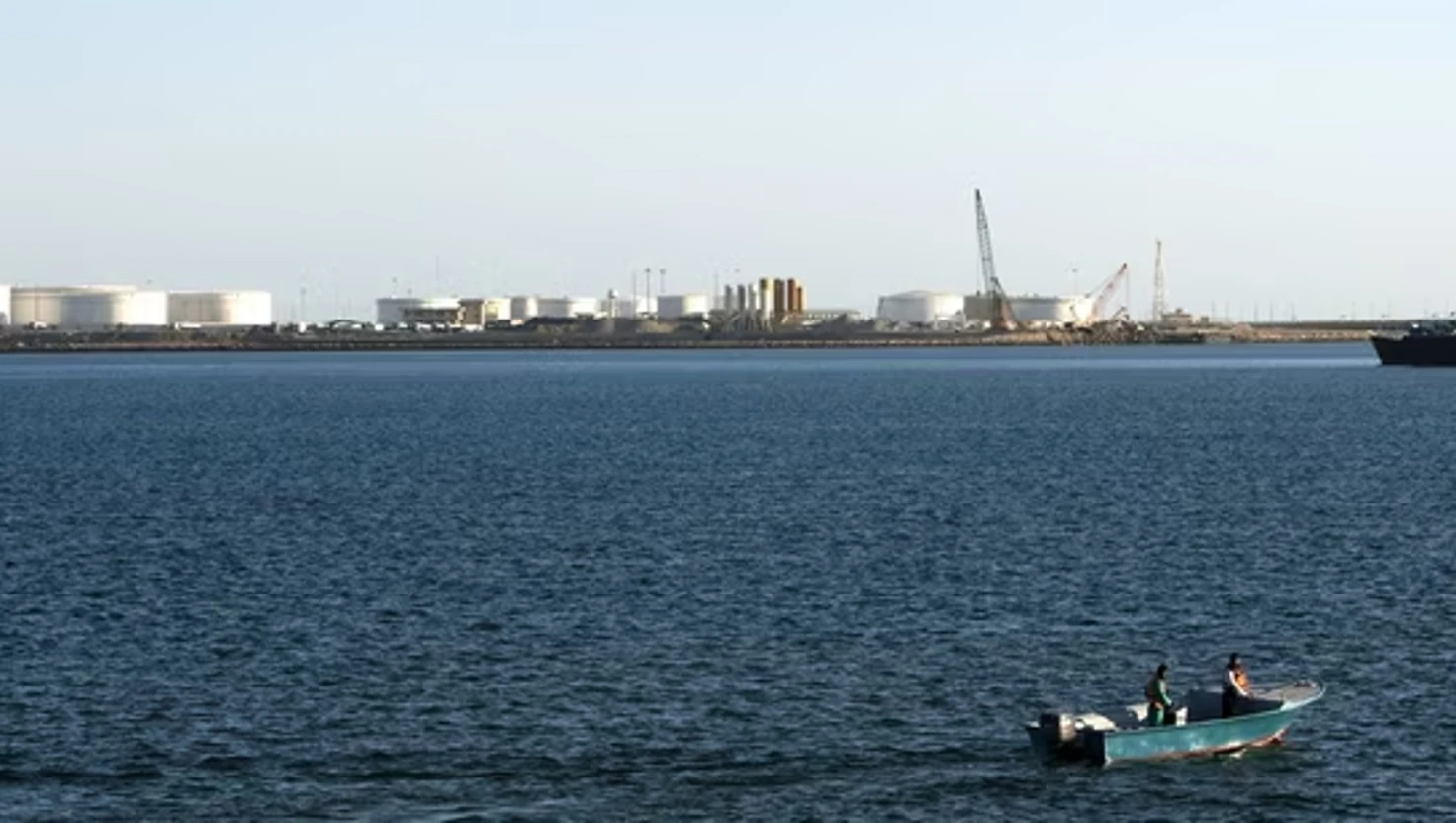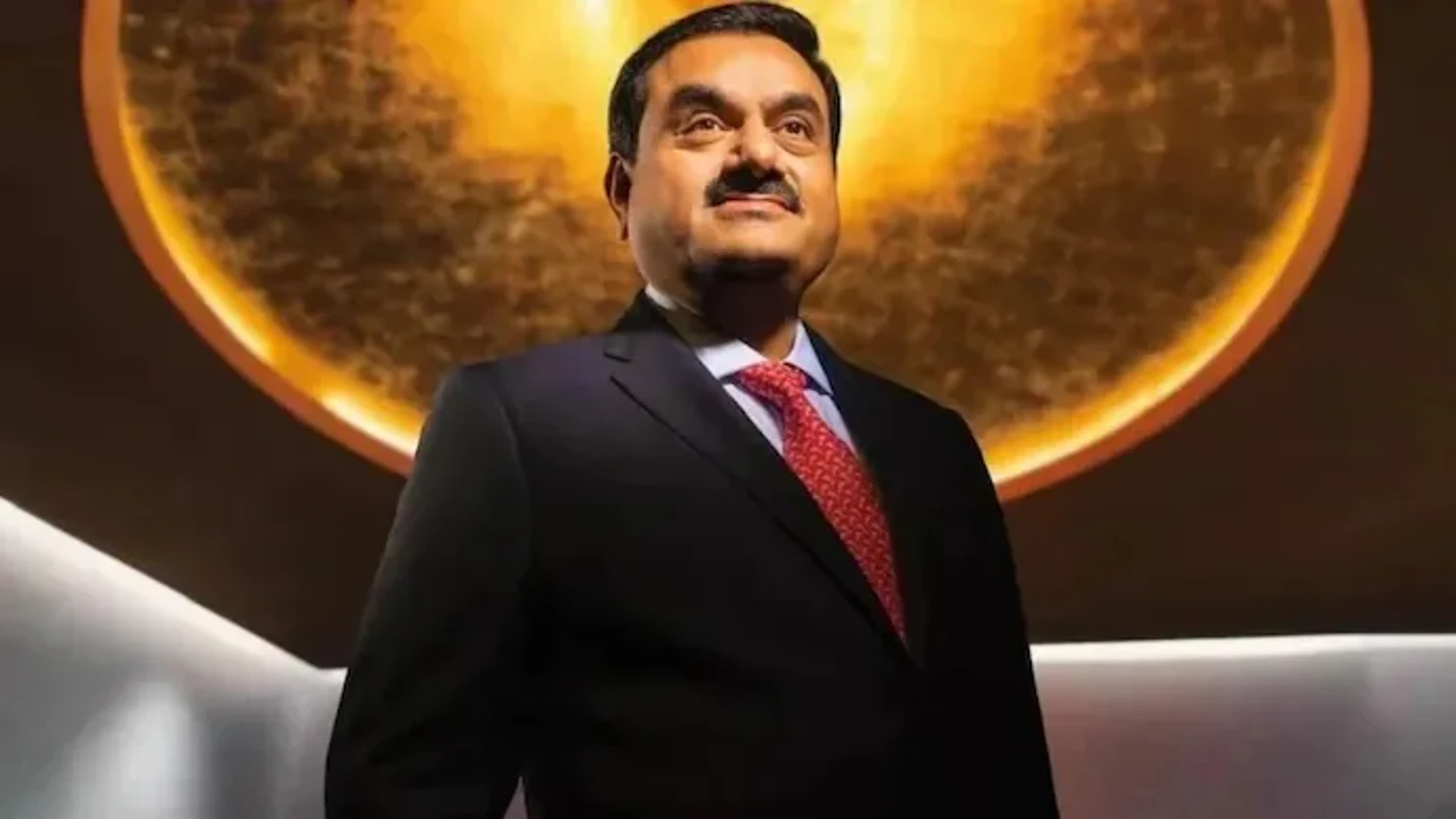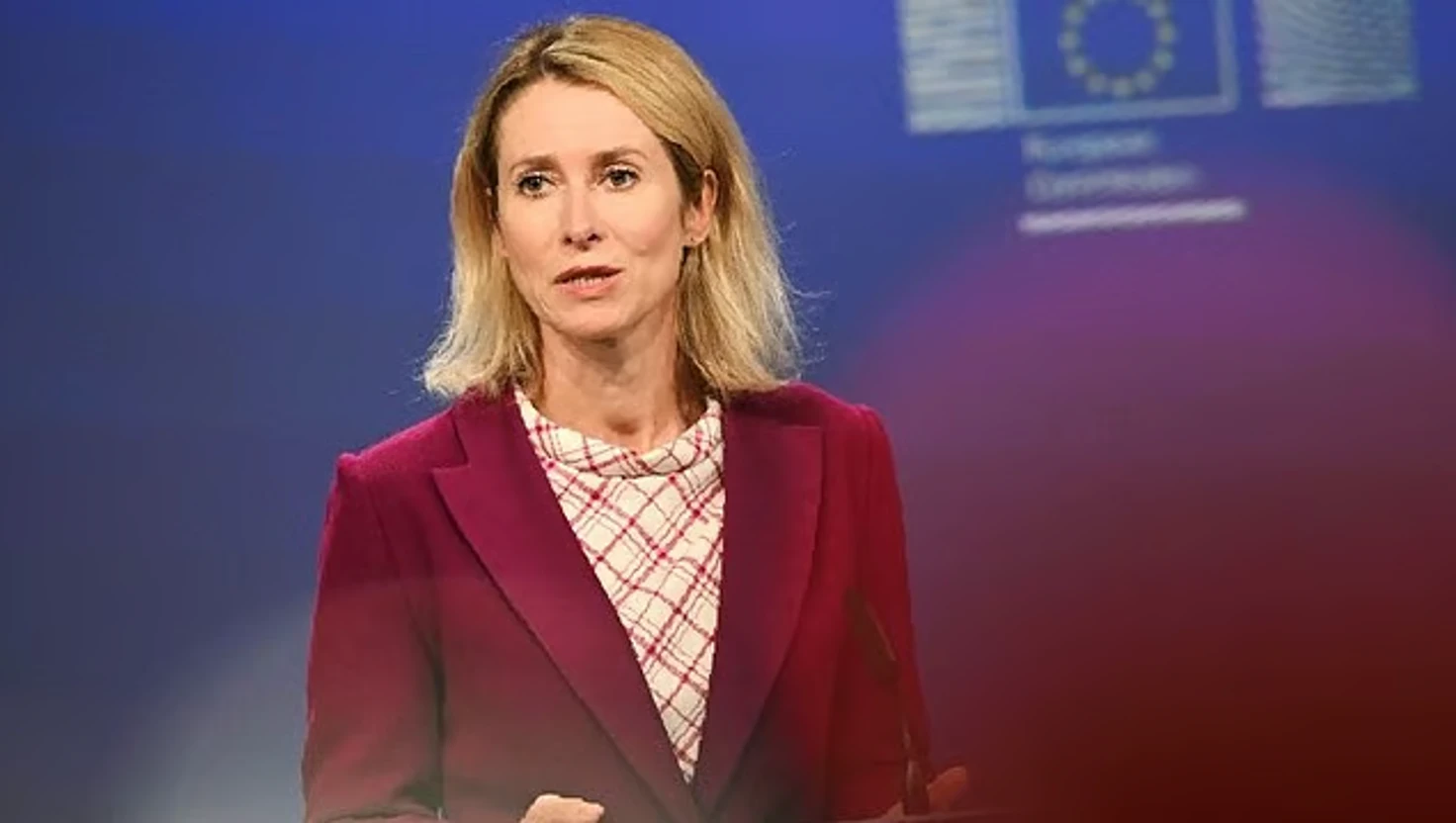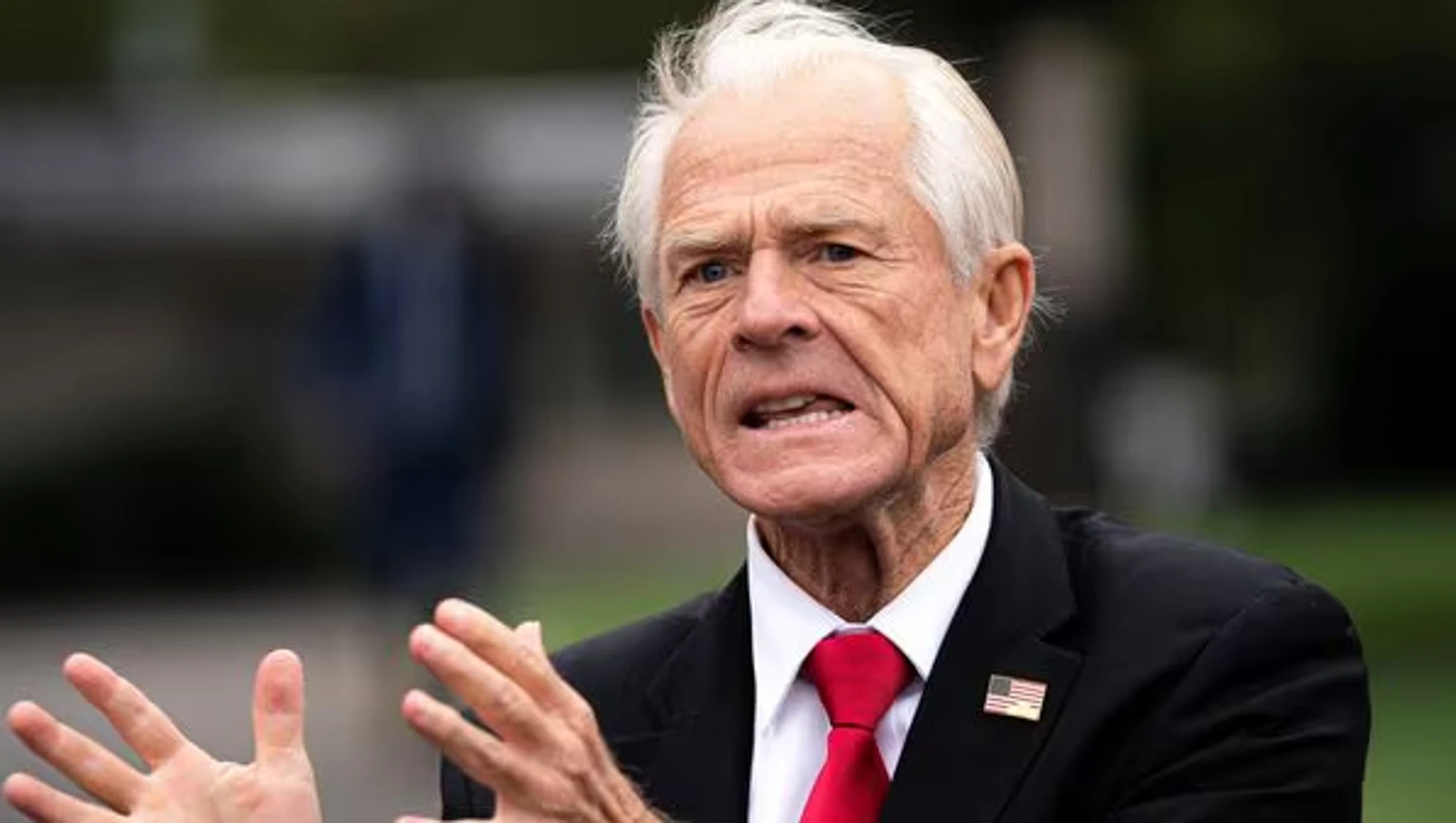US revokes sanctions waiver linked to Iran's Chabahar Port. A Setback for India?

US revokes sanctions waiver linked to Iran's Chabahar Port. A Setback for India?
The US has revoked a sanctions exemption surrounding Iran's Chabahar Port, complicating India's strategic development plans.
The United States government has announced the revocation of a sanctions waiver linked to Iran's Chabahar Port, effective from September 29, 2025. This decision has significant implications for India's involvement in the port's development, a key asset in regional trade and connectivity.
Background on Chabahar Port
Chabahar Port, located on Iran's southeastern coast, serves as a crucial gateway for India to access Afghanistan and Central Asia without relying on Pakistan. The port is integral to India's long-standing efforts to counterbalance China's expanding influence in the region, particularly through Pakistan's Gwadar Port, which is operated by Chinese interests.
US Policy Shifts
The waiver, originally granted under the Iran Freedom and Counter-Proliferation Act (IFCA) in 2018, allowed India and other nations to continue their operations at Chabahar without facing penalties from the United States. In a statement made public by the US Department of State, the revocation is described as part of a broader strategy by the previous Trump administration aimed at isolating Iran through its “maximum pressure” policy. The statement specified, "Once the revocation is effective, persons who operate the Chabahar Port or engage in related activities could face sanctions under IFCA."
The State Department further outlined that the action is in line with efforts to disrupt financial networks associated with Iran's military activities and its Islamic Revolutionary Guard Corps (IRGC).
Implications for India
The revocation poses immediate challenges for India, which recently signed a long-term agreement to operate Chabahar with Iran's Port and Maritime Organisation. Under the terms of this 10-year agreement, Indian Ports Global Limited committed approximately $120 million and proposed an additional $250 million for infrastructure improvements at the port.
Chabahar is not merely a trade route; it is part of India’s strategic vision in the region, offering an efficient passageway that connects with the International North-South Transport Corridor, linking India to Europe and Russia. As such, the port facilitates vital humanitarian aid efforts, including significant shipments of wheat to Afghanistan earlier this year. As stated by officials, “Chabahar serves as a critical lifeline for India to engage with the broader Central Asian landscape.”
However, the revocation means that Indian operators at the port could now be vulnerable to US sanctions, complicating ongoing and future investment plans. This situation urges New Delhi to navigate its diplomatic relations carefully as it seeks to maintain strong ties with both the US and Iran.
Future Developments
Plans for Chabahar include expansion projects aimed at increasing its capacity from 100,000 twenty-foot equivalent units (TEUs) to 500,000 TEUs, alongside the construction of 700 km of railway to connect the port with Zahedan in Iran. These projects are slated for completion by mid-2026, yet under the current circumstances, the path ahead remains fraught with uncertainties.
Regional Strategic Importance
Strategically, Chabahar is essential for India’s aspirations to enhance its maritime and trade interests in the Arabian Sea and beyond. With the heightened regulatory environment following the US decision, Indian firms may have to reassess their operational strategies within Iran, which could lead to a further cooling of relations between New Delhi and Tehran.
In conclusion, the revocation of the sanctions waiver by the United States significantly complicates India's role in developing Chabahar Port, introducing new challenges in regional diplomacy while highlighting the intricate balance India must maintain in its foreign relations.
As a response to this rapidly evolving situation, analysts urge that a comprehensive diplomatic dialogue is essential for India to protect its investments and strategic interests in the region.
Background on Chabahar Port
Chabahar Port, located on Iran's southeastern coast, serves as a crucial gateway for India to access Afghanistan and Central Asia without relying on Pakistan. The port is integral to India's long-standing efforts to counterbalance China's expanding influence in the region, particularly through Pakistan's Gwadar Port, which is operated by Chinese interests.
US Policy Shifts
The waiver, originally granted under the Iran Freedom and Counter-Proliferation Act (IFCA) in 2018, allowed India and other nations to continue their operations at Chabahar without facing penalties from the United States. In a statement made public by the US Department of State, the revocation is described as part of a broader strategy by the previous Trump administration aimed at isolating Iran through its “maximum pressure” policy. The statement specified, "Once the revocation is effective, persons who operate the Chabahar Port or engage in related activities could face sanctions under IFCA."
The State Department further outlined that the action is in line with efforts to disrupt financial networks associated with Iran's military activities and its Islamic Revolutionary Guard Corps (IRGC).
Implications for India
The revocation poses immediate challenges for India, which recently signed a long-term agreement to operate Chabahar with Iran's Port and Maritime Organisation. Under the terms of this 10-year agreement, Indian Ports Global Limited committed approximately $120 million and proposed an additional $250 million for infrastructure improvements at the port.
Chabahar is not merely a trade route; it is part of India’s strategic vision in the region, offering an efficient passageway that connects with the International North-South Transport Corridor, linking India to Europe and Russia. As such, the port facilitates vital humanitarian aid efforts, including significant shipments of wheat to Afghanistan earlier this year. As stated by officials, “Chabahar serves as a critical lifeline for India to engage with the broader Central Asian landscape.”
However, the revocation means that Indian operators at the port could now be vulnerable to US sanctions, complicating ongoing and future investment plans. This situation urges New Delhi to navigate its diplomatic relations carefully as it seeks to maintain strong ties with both the US and Iran.
Future Developments
Plans for Chabahar include expansion projects aimed at increasing its capacity from 100,000 twenty-foot equivalent units (TEUs) to 500,000 TEUs, alongside the construction of 700 km of railway to connect the port with Zahedan in Iran. These projects are slated for completion by mid-2026, yet under the current circumstances, the path ahead remains fraught with uncertainties.
Regional Strategic Importance
Strategically, Chabahar is essential for India’s aspirations to enhance its maritime and trade interests in the Arabian Sea and beyond. With the heightened regulatory environment following the US decision, Indian firms may have to reassess their operational strategies within Iran, which could lead to a further cooling of relations between New Delhi and Tehran.
In conclusion, the revocation of the sanctions waiver by the United States significantly complicates India's role in developing Chabahar Port, introducing new challenges in regional diplomacy while highlighting the intricate balance India must maintain in its foreign relations.
As a response to this rapidly evolving situation, analysts urge that a comprehensive diplomatic dialogue is essential for India to protect its investments and strategic interests in the region.

Securities and Exchange Board of India Clears Adani Group of Allegations
The Securities and Exchange Board of India dismisses Hindenburg Research's claims against Adani Group, affirming no violations occurred.
| 2025-09-19

Google Gemini AI Launches Creative Photo Editing Prompts
Explore Google's Gemini AI with ten innovative photo editing prompts to capture the viral Nano Banana trend and enhance your images.
| 2025-09-19

EU urges deeper partnership with India, flags Russia ties could stall trade deal
European Union officials caution that India's ties with Russia could affect upcoming trade negotiations, urging stronger partnerships.
| 2025-09-18

Maruti Suzuki Victoris Debuts in India with 5-Star Safety Rating
The Maruti Suzuki Victoris SUV launches in India, starting at Rs 10.50 lakh, boasting a 5-star safety rating from Global NCAP.
| 2025-09-16

Trump aide Peter Navarro again targets India over tariffs, Russian oil purchases
Ahead of a key visit, the US Trade Advisor highlights concerns regarding India's trade policies and purchases of Russian oil.
| 2025-09-16




